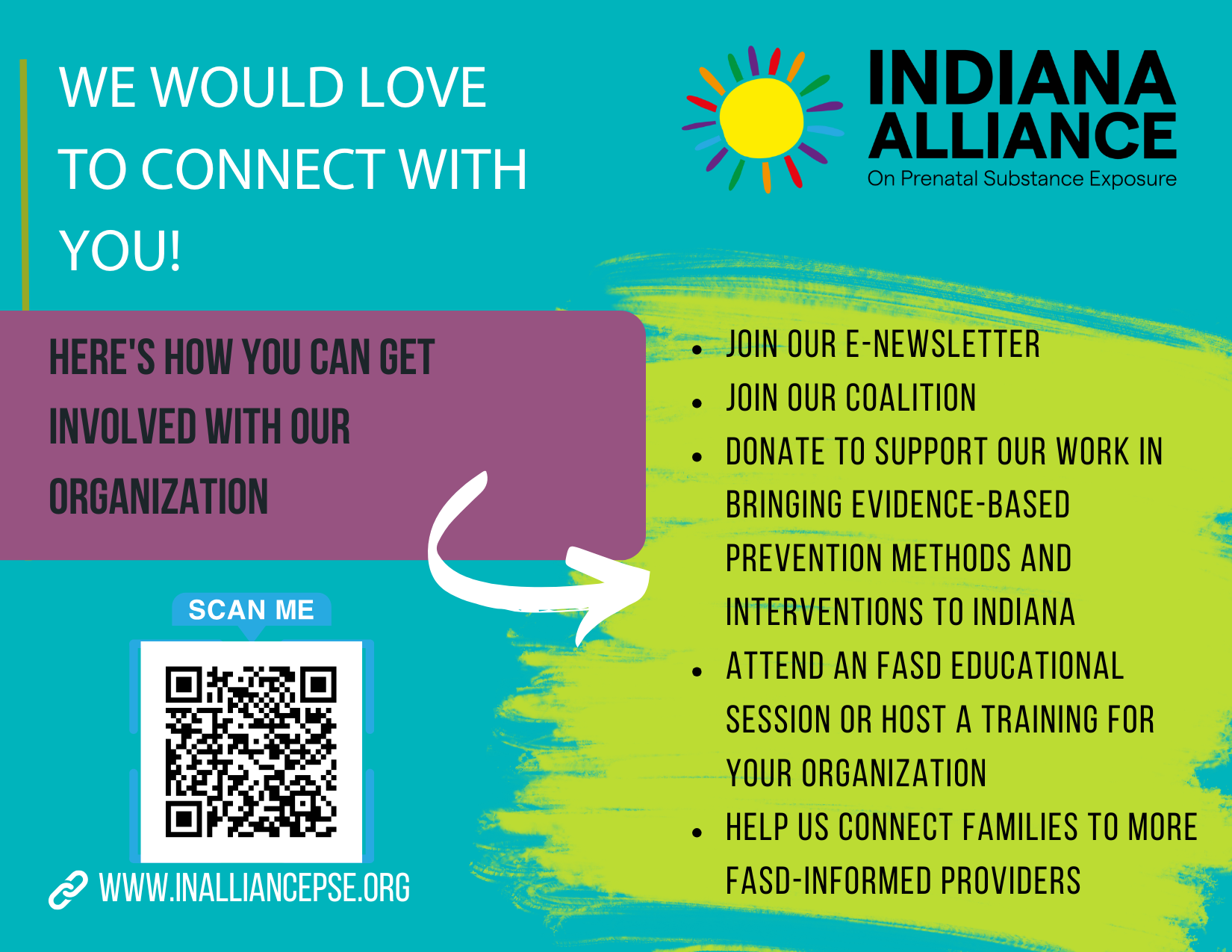
The FASD Respect Act (S.1800) introduced by Senators Lisa Murkowski (R-Alaska) and Amy Klobuchar (D-Minnesota), cleared a major hurdle towards enactment into law by passing the U.S. Senate HELP Committee as part of The Support Reauthorization Act (S.3393). The FASD Respect Act, now heading to the floor of the U.S. Senate, is much-needed bipartisan legislation addressing FASD (Fetal Alcohol Spectrum Disorders) on the national level. The legislation will positively impact the lives of people diagnosed with FASD or prenatal substance exposure. An estimated 1 in 20 children in the US are affected by FASD, most of whom are not diagnosed.
Advocate and parent Carl Young from North Dakota says, “The excitement that one feels when something they have dedicated three years to makes it through Senate Committee is indescribable. This is truly an exciting moment for the FASD Community. Our work is far from finished, we just moved one step closer to the goal line.”
The FASD Respect Act will allow HHS to promote and fund education, awareness, and services for people with FASD across community agencies and systems of care, fund State and Tribal Systems for FASD services throughout the lifespan, and create Centers for Excellence to support alcohol and substance free pregnancies, as well as provide supports and interventions for people with FASD. To date, almost 300 organizations from 33 states including the American Association of Pediatricians have expressed support for the FASD Respect Act.
Susan Shepard Carlson, FASD United Board Chair and longtime FASD advocate, says, “In the annals of FASD advocacy over the years, the passage of the FASD Respect Act by the Senate HELP Committee is truly historic and a huge victory for the FASD field. This would not have happened without the leadership of our lead co-sponsors, Senators Lisa Murkowski and Amy Klobuchar, and the united effort of so many advocates around the country.”
Michelle Trager, parent of a child with FASD, says, “As a parent, we have been advocating for, and praying for, our federal legislators to act on the FASD Respect Act. This gives us hope for the work we have to do to bring informed services to the FASD community. We have much work to do; now we have hope in continuing the journey!”
To learn more about The FASD Respect Act, visit the FASD United Policy and Training Center.







